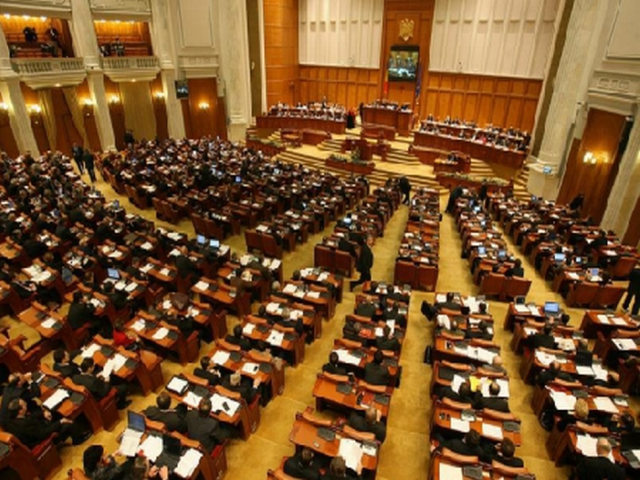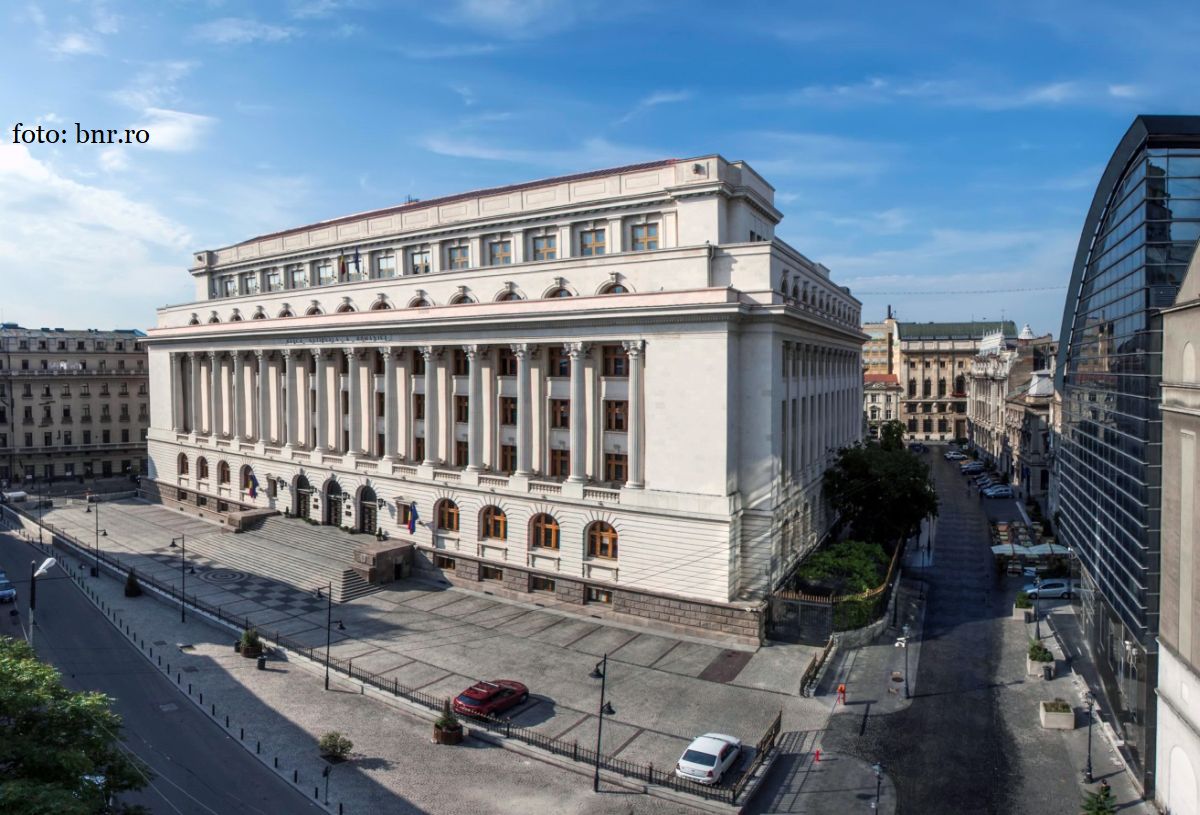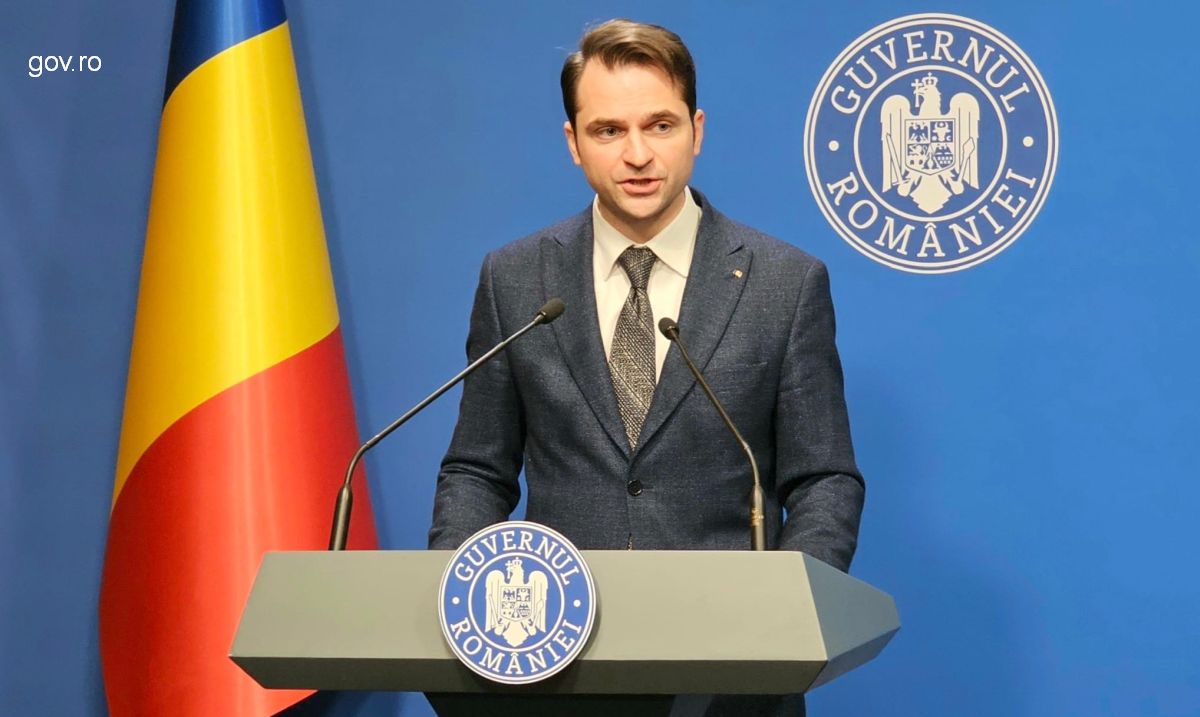Changes in Parliament’s Rules of Procedure
After the changes operated on Tuesday on Parliament's Rules of Procedure, any request from the National Anti-Corruption Directorate for approval of prosecution, detention or pre-trial arrest of MPS will be solved on the basis of a simple majority vote.

Ştefan Stoica, 08.04.2015, 13:32
The members of Romania’s Parliament have finally made a first, tentative step towards improving their public image. They changed the institution’s Rules of Procedure, to the effect that the prosecution, detention or pre-trial arrest of a Deputy or Senator may be approved on the vote of the majority of MPs attending the meeting in which the prosecutors’ request is discussed. This change brings Parliament’s Rules of Procedure in line with the Constitution, as the Constitutional Court had instructed. Such a measure was long due, says Deputy Mircea Toader, from the Liberal Opposition:
“We are merely adapting our rules to what should have been done a long time ago, so as not to make the Parliament of Romania a shield for some who believe themselves to be above the law. For some of them, the prosecutors’ requests were approved on a simple majority vote, while for others on the majority of the total number of Senators.”
In the future, such procedural incongruities will no longer be possible. Parliamentary practice has recently faced such a situation, in the case of Senator Dan Sova, for whom the Anti-Corruption Directorate had requested approval of pre-trial custody arrest, for charges of accessory to abuse of office. Most of the Senators attending the meeting voted in favour of the arrest, but the Senate leaders decided to dismiss the request because it was not approved by the majority of the total number of Senators. In the Chamber of Deputies, similar requests had been approved on simple majority voting, so this was a case of discrimination between the two Chambers. Criticised for the decision, the Senate Speaker Calin Popescu-Tariceanu said, in his defence, that he complied with the Rules of Procedure. He is now voicing satisfaction with the recent change that eliminates all ambiguities and proves that MPs are not above the law. Calin Popescu-Tariceanu:
“Parliament is not trying, in any form, under the cover of provisions that come against the Constitution, to give more protection to its members than the one given to ordinary citizens. We are all equal before the law and we choose to make these changes in order to clarify the problem and leave no more room for speculations.”
The abuse of immunity that some MPs resort to in dismissing the requests of anti-corruption prosecutors without good grounds has undermined the credibility and popularity of Parliament, making it the favourite target of criticism coming from the European experts that assess the judicial reform and the anti-corruption efforts in Romania. President Klaus Iohannis, a resolute critic of the attempts to give super-immunity to MPs, has recently voiced his disappointment with having not yet managed to convince them to take the path of integrity and respect for justice.






























